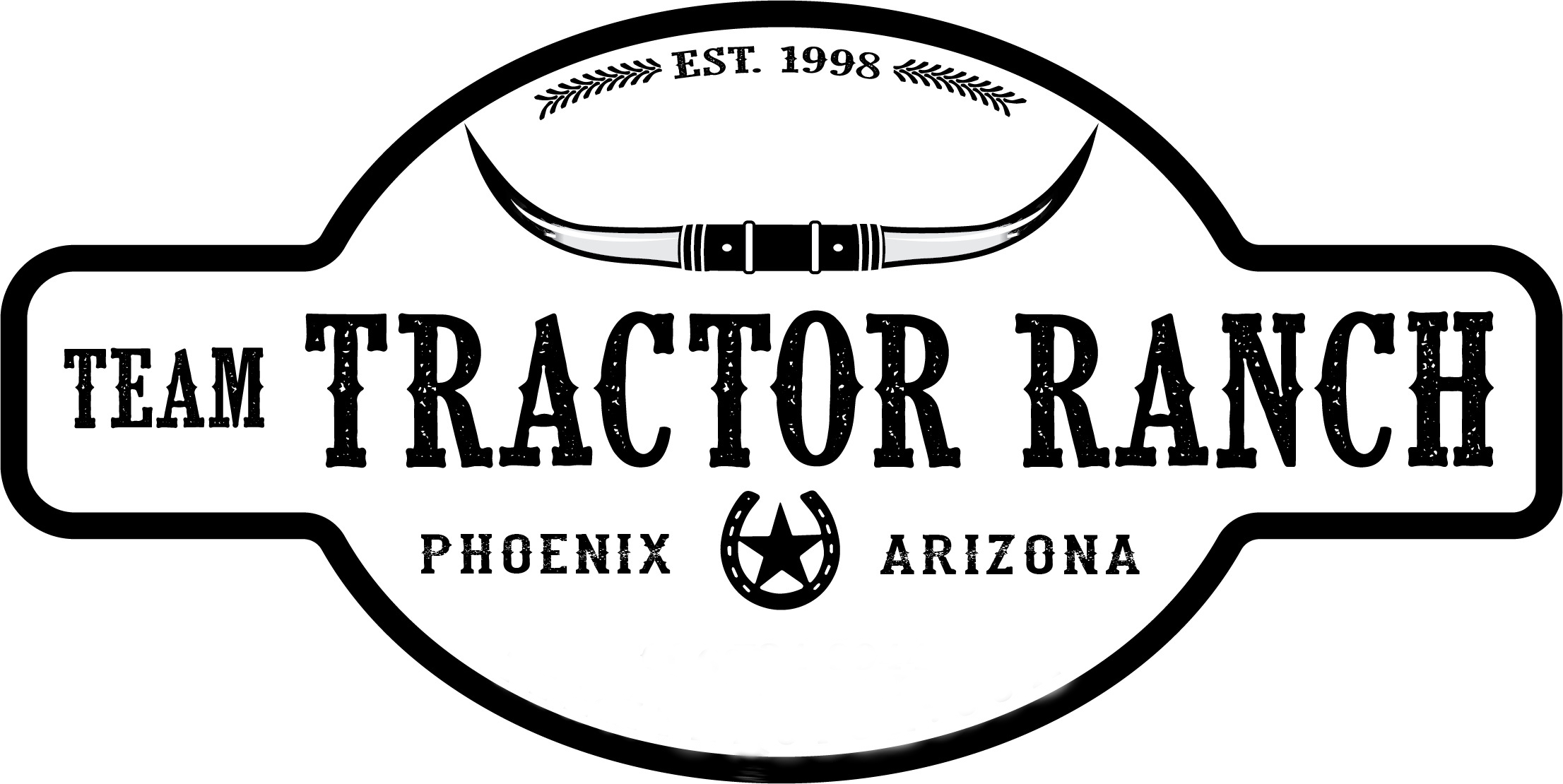Are You Ready for Autonomous Tractors?
In 2020, the world agricultural robotics market was worth $4.9 billion. It’s expected to grow to $11.9 billion by 2026, according to Markets and Markets.
Drones and milking robots currently dominate the global market. But autonomous tractors aren’t far behind. In fact, by 2023, autonomous tractors are expected to overtake milking robots in the market. By 2024, tractors are expected to surpass drones as well.
Companies like John Deere, after its acquisition of Bear Flag Robotics, and Monarch Tractor are rolling out autonomous tractors. While others like Midnight Robotics, recently acquired by FieldIn, are creating autonomy retrofit kits for existing tractors.
At the end of 2021, the New Zealand Robotics, Automation and Sensing (NZRAS) network released a roadmap to guide the country’s development in robotics. vIt identified agriculture as one of four sectors with the most room for growth. It also, however, stated farmers’ reluctance to adopt technology would be one of the main challenges for the sector.
Many farmers are optimistic about the role robotics will play in the future of farming. So why are they still hesitant to pour money into robotic solutions?
What’s standing in the way of adoption?
NZRAS said farmers typically don’t like to be the first to adopt a new technology. They’re much more likely to try new technologies if they know someone who has already tried it.
“Everyone wants to adopt autonomous technology but nobody wants to be the guinea pig,” Boaz Bachar, CEO at FieldIn, said.
Farmers typically operate on much thinner margins than a manufacturer or fulfillment center. This means they’re usually less willing to spend money on ventures that might not work out.
However, according to Bachar, farmers are facing more pressure to consider changing the way they operate. The pandemic has shrunk many workforces. Some of Bachar’s customers were missing dozens of workers daily.
“There was a lot of promising in the last five or six years, and not a lot of startups came through,” Bachar said. “But when you’re showing them a product that can affect their day to day, that will increase the bottom line, they’re very open to implementing it.”
Some governments are stepping in to ease the cost of robotics adoption for farmers. In January 2022, the UK announced the latest installment of its Farming Investment Fund focusing on increasing automation on farms. Vermont recently established an incentive program for farmers adopting new technologies. The program receives $3 million in funding annually.
A primary concern for farmers is the reliability of the robots they bring to the farm, according to Antoine Chatelain, an employee at Chatelain Nursery in France, who spoke at the FIRA 2021 Forum.
“Sometimes the robot works great, we don’t see any issues with the work, the robot did its job with great success,” Chatelain said. “But on any moment’s notice, the robot can start going over your crops and can have some issues.”
There are also legal issues when it comes to autonomous tractors. In California, it’s illegal for tractors to operate without a safety driver.
If you need any further help or have any questions about service, tractors, implements, or anything else equipment-related, please contact your dealer, local mechanic, or call us at 602-734-9944. Please ask about our current new and used tractor supply.
If you are looking for old, vintage, classic, or new tractor parts, send us a part request.
Team Tractor Ranch - #1 Tractor Dealer in Arizona. We sell and service most major brands of tractors including Yanmar, Kubota, John Deere, TYM, Mahindra, Kioti, Case, New Holland, Massey Ferguson, Ford, Deutz, Case IH, Farmall, International Harvester, Branson Tractors, LS, Shibura, Claas Tractor, McCormick Tractors, Valtra, Solis, YTO, Montana, and Nortrac.
